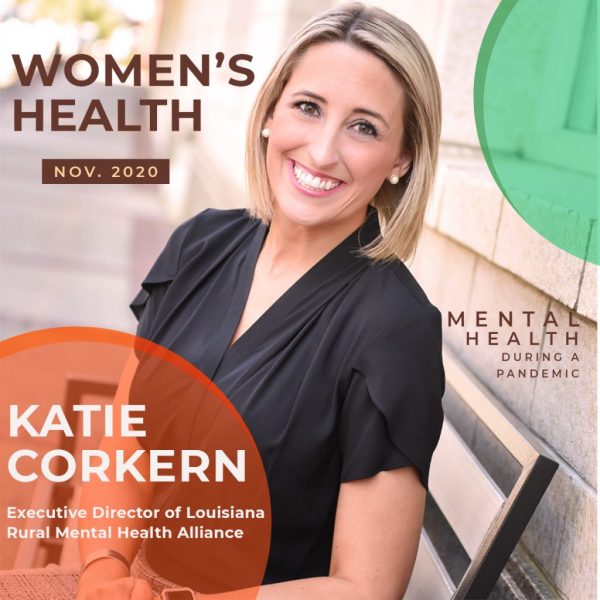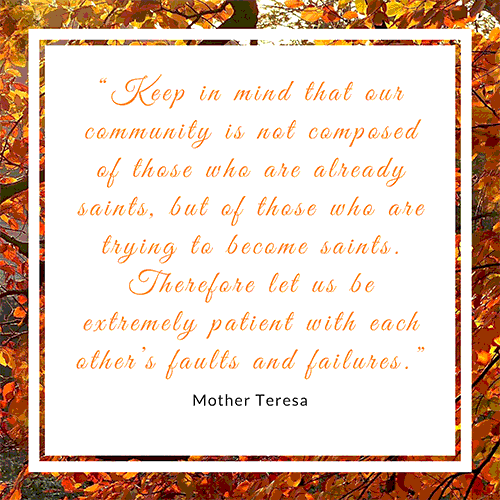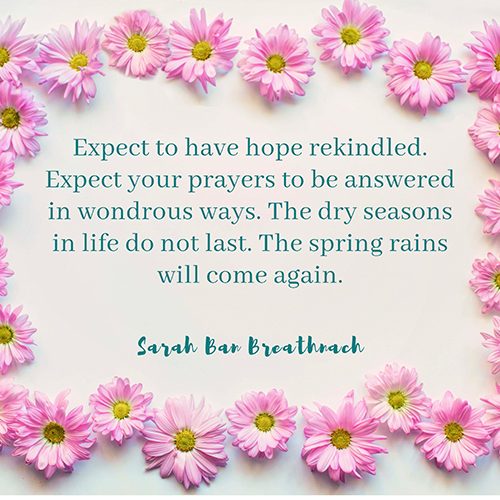With all the challenges we have faced this year, some behavior changes are expected, so watch for severity, frequency, and duration of changes. You might notice changes in sleep, appetite, and increased or decreased desire to be around others. Other behaviors might include a heightened sense of energy or more significant irritability.
If these behaviors are long-lasting, severe, and different from the way they previously behaved, that’s where you should lean in and find out more. It is time to seek professional help when these behaviors impact their ability to carry out responsibilities.
Keep all lines of communication open.
Continuously have conversations with your loved ones during this time. They may not want to talk, but isolation is not the answer. Find creative ways to get them to open up like a shared journal, taking a walk together, or ask them if they’d prefer to talk to someone else like a trusted family member or friend.
It is entirely normal to feel all sorts of ways during this time. Be sure to validate their feelings and remind them how much they are loved, no matter what they say or do. Express their importance and why they are a valued member of your family. Also, share your feelings. When we tell others how we are feeling and how we are trying to cope, they can more easily see these feelings are normal.
Provide some structure and routine.
As difficult as it may be right now, we must put some structure back into our daily lives. Sometimes our minds wander, get bored, or focus on the wrong things when there is no routine. Knowing the day’s expectations gives a sense of predictability and control, thus helping calm our minds.
Limit media exposure.
While the media plays an essential part in our lives, educating and informing us, too much media can cause more harm than good. Our mental well-being is already fragile, and exposing ourselves to constant COVID-19 news, the aftermath of hurricanes, political stressors, as well as relentless negativity on social media is a recipe for depression and anxiety. Take note of how much media your family takes in either on the TV, computer, or smartphones and make a serious effort to limit your exposure. Use this newfound time to get outside, play games, or read books together.
Take care of yourself.
Numerous stressors are coming at us, but we can end 2020 with a renewed sense of mindfulness. We are all experiencing overwhelming emotions, and as parents, we must understand it is our job to show our children how to cope with these feelings. They learn best by our actions, not our words.
Some self-care strategies you could implement today are:
- write in a gratitude journal
- drink more water
- eat healthier foods
- take a warm bath after the kids are asleep
- pray or meditate before jumping out of bed in the morning
- go for a walk with the family
- listen to music instead of watching the news
- connect with friends outside a coffee shop or Zoom
If you find your daily responsibilities are becoming too difficult to bear, reach out, and get help. You are not alone. Your life matters. Your contribution to your family, friends, and community is irreplaceable.
When your head hits the pillow tonight, remind yourself that you’ve done an excellent job. Be patient with yourself and remember that big things are achieved not all at once, but one day at a time.
“Pleasant words are like a honeycomb, sweetness to the soul, and health for the body.” -Proverbs 16:24


























































 NOCCA and Benjamin Franklin graduate, Phillip Youmans returned home to NOCCA to present his film Burning Cane, which recently won best honors at the Tribeca Film Festival. The young filmmaker hosted a special Louisiana Masterclass and screening. First Lady of Louisiana, Donna Edwards, introduced and supported the event as her continued endeavors in support of the arts throughout the State of Louisiana.
NOCCA and Benjamin Franklin graduate, Phillip Youmans returned home to NOCCA to present his film Burning Cane, which recently won best honors at the Tribeca Film Festival. The young filmmaker hosted a special Louisiana Masterclass and screening. First Lady of Louisiana, Donna Edwards, introduced and supported the event as her continued endeavors in support of the arts throughout the State of Louisiana.










